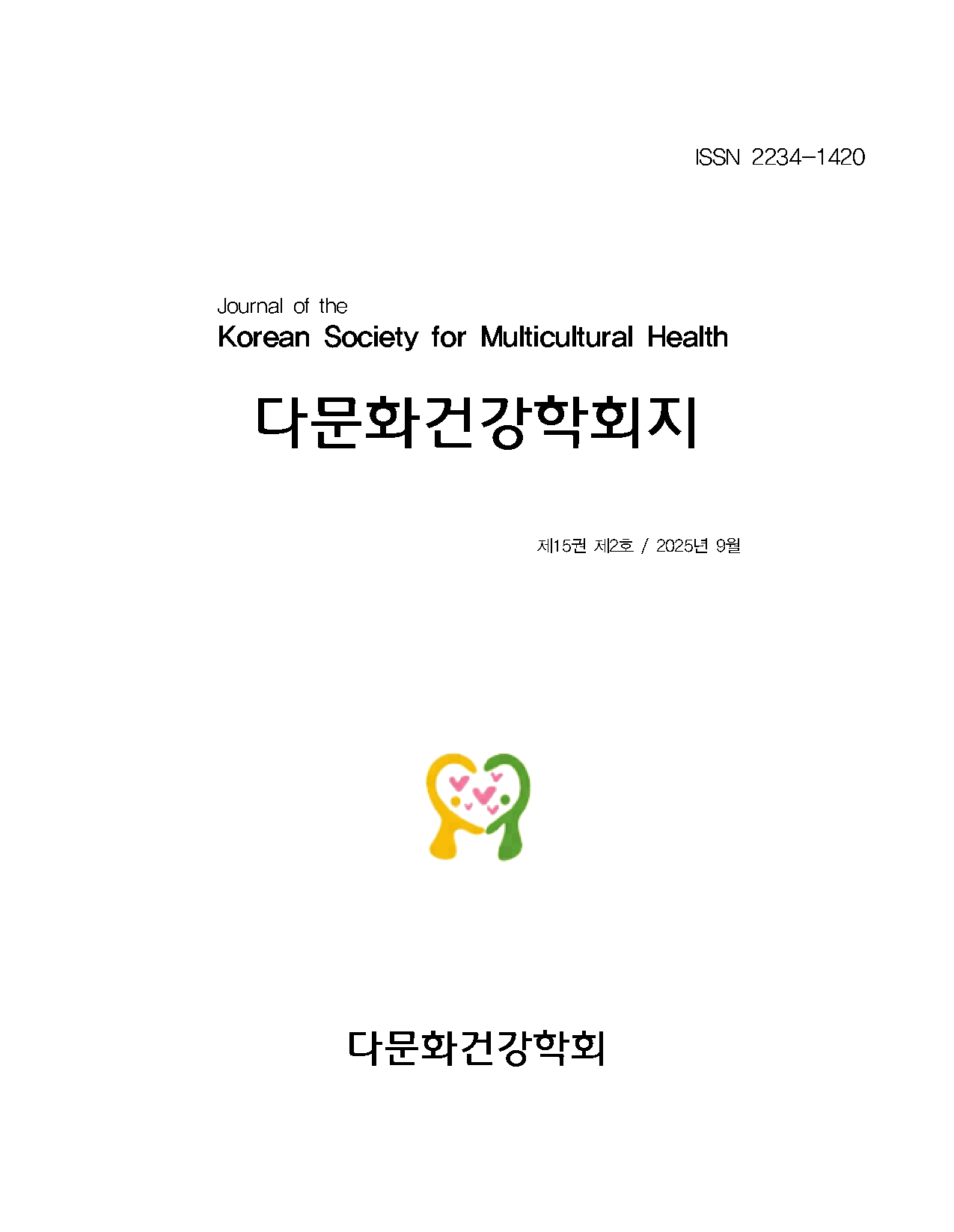Purpose: The purpose of this study was to identify the factors that influence the adaptation of early adolescents to school. Methods: This descriptive research utilized data from a panel study on Korean children to identify the factors affecting their adaptation to school. Using a stratified sampling method, the data from 2,150 adolescents were extracted. Data of 1,269 adolescents were finally included for the study, after excluding 881 adolescents with missing values. Multiple regression analysis was conducted to identify the factors affecting school adaptation. Results: The independent variables that showed positive correlations with school adaptation were self-esteem (r=.50, p<.001), academic comprehension (r=.45, p<.001), and self-regulated learning (r=.42, p<.001). The independent variables that showed negative correlations with school adaptation were depression (r=-.36, p<.001) and executive dysfunction (r=-.34, p<.001). It was found that the factors associated with the adolescents’ school adaptation were self-esteem (β=.29, p<.001), academic comprehension (β=.23, p<.001), self-regulated learning (β=.19, p<.001), and depression (β=-.15, p<.001). The explanatory power was 40.0%. Conclusion: When developing programs to help early adolescents adapt to school, it will be necessary to focus on ways to improve self-esteem, academic comprehension, and self-regulated learning while reducing depression.
서 론
연구방법
연구결과
결 론
(0)
(0)
